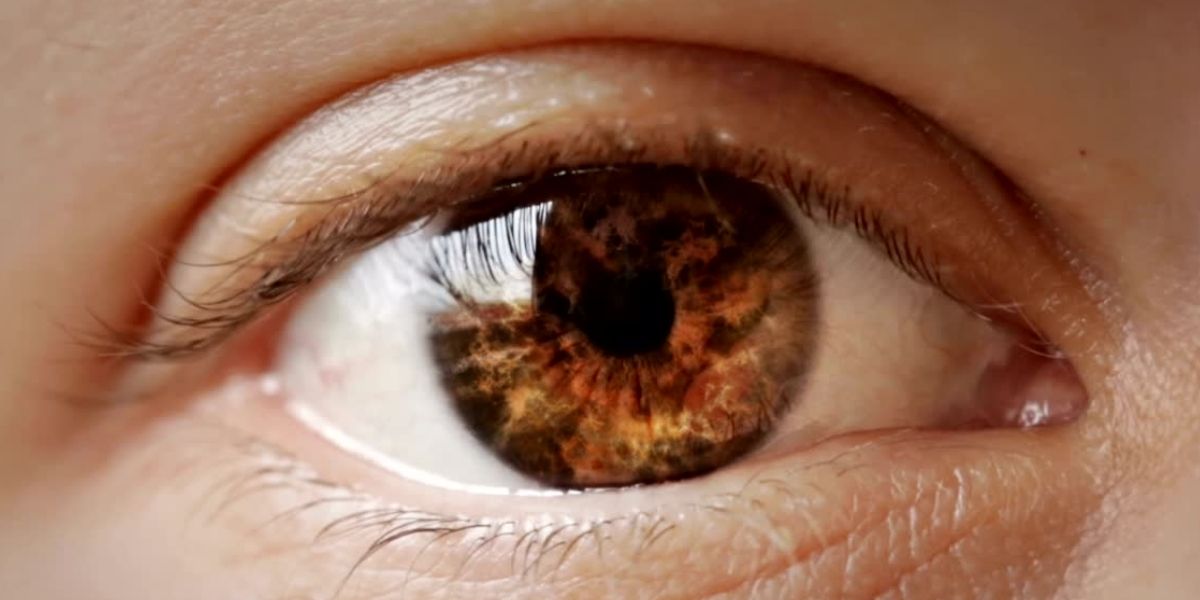Cataracts are one of the sight-related complications of diabetes that can cause misting or blurring of vision.
Attending regular eye checks as part of your annual diabetic review will help your health team to identify any signs of cataracts at an early stage and advise on treatment.
What are cataracts?
Cataracts are cloudy opacifications of the lens of the eye which can lead to cloudy or blurred vision. This interferes with your vision, in some cases considerably.
What are the symptoms of cataracts?
The main signs of cataracts are:
- Cloudy or misty vision
- Blurred vision
- Spots in your vision
- Being dazzled by bright lights
- Seeing a circle of light around lights
- A yellowing of your vision
Early stage cataract symptoms may barely influence the vision, and a cataract diagnosis may come as a genuine surprise.
Challenging visual situations such as driving at night and bright sunlight may cause your sight to become hazy. Attending regular eye checks and screenings will make it easier for your health team to diagnose cataracts at an early stage.
What causes cataracts?
The lens of the eye is made up of fluids that contain protein
Over time this fluid may begin to cloud over, causing cataracts. Age is one of the factors and other factors include:
- Having diabetes
- Smoking
- A family history of cataracts
- Long periods of taking corticosteroids
Does diabetes increase the risk of cataracts?
Diabetes is one of the key factors that result in the development of cataracts.
Although the reasons why are still not fully understood, people with diabetes mellitus statistically face a 60% greater risk of developing cataracts. As with most complications of diabetes, maintaining good control of your blood sugar levels will help to reduce your risk.
In addition, research has shown that people with type 2 diabetes who lower their HbA1c level by just 1% can reduce their risk of cataracts by 19%. [1]
How are cataracts treated?
Cataracts treatment has advanced considerably in recent years. Surgery is often prescribed, with the lens removed and replaced with an artificial one. Cataract surgery is widely recommended and is commonly performed.
Your ophthalmologist will determine whether you need cataract surgery.
When do cataracts require an operation?
Cataract surgery is generally safe, so the point at which an operation is undertaken depends partly on the individual.
Cataract operations are typically day cases, with the local anaesthetic often cited as the most uncomfortable part.
For people with diabetes, there is a slightly greater risk of developing more serious problems such as macula oedema , diabetic retinopathy complications, and infections as a result of the surgery.






